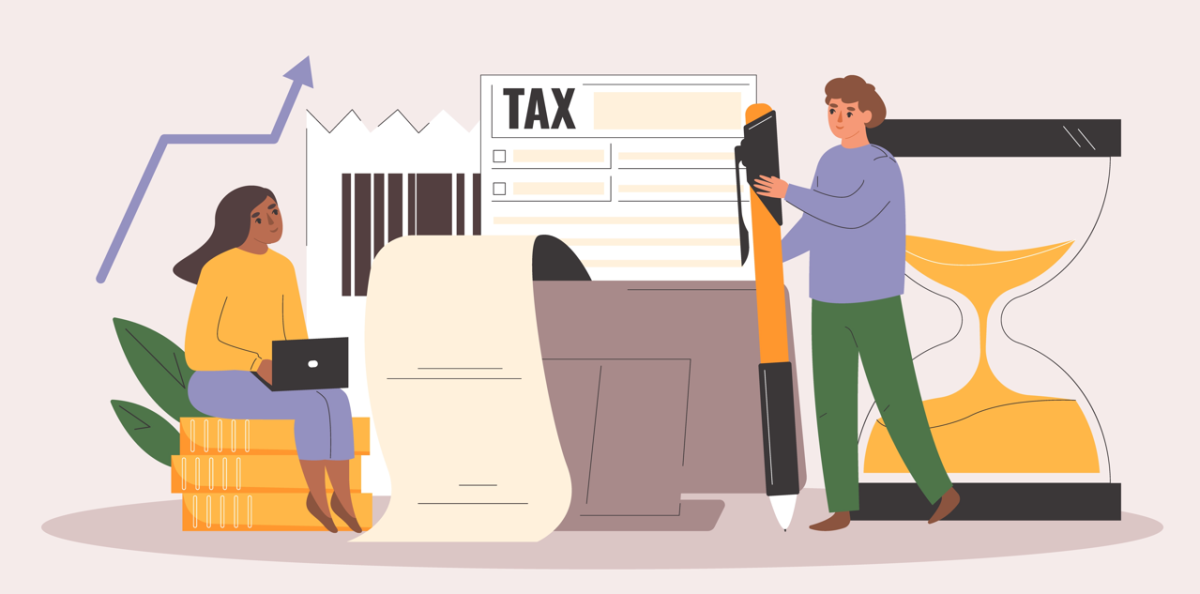
Now that Treasurer Jim Chalmers has put reducing intergenerational inequality on his bucket list, everybody is talking about the inheritance tax.
In Australia, it was once a state-based duty, levied on the value of assets passed on at death.
Queensland was the first to move against it when Premier Joh Bjelke-Petersen abolished death and gift duties in 1977, declaring that people should be free to leave their assets to their families without penalty.
Other states quickly followed to avoid an exodus of retirees to Queensland.
Whenever inheritance taxes are proposed, the reality is that the wealthy always find ways to avoid them.
They can afford the best lawyers and accountants to structure their estates, set up family trusts, and move assets offshore if necessary.
In contrast, ordinary Australians with modest assets would be the ones who actually pay.
What’s more, it’s far better for the nation if people spend their time working out how to increase their efficiency and profitability within the rules, rather than finding loopholes to minimise tax—something an inheritance tax would only encourage.
After years of political quiet on this front, a national ‘death tax’ is back on the agenda.
Several converging forces–fiscal strain, wealth concentration and inequality–are driving it.
The nation’s finances are under increasing pressure as the proportion of taxpayers in the population dwindles.
With defence, health, aged care, housing and infrastructure all demanding more funding, government budgets are being stretched to the limit.
And if you believe the talk in the media, young Australians who can’t afford a home of their own are looking at baby boomers with envy–the generation who were lucky enough to buy when houses were cheap compared to wages.
But Australia already has death taxes in place–effectively.
Let’s start with superannuation.
The super pot now exceeds $4 trillion, and much of it will be passed on over the next 20 years as the baby boomers–the first of whom were born in 1946–pass on.
Super funds typically consist of a taxable component and possibly a tax-free component.
When a super member dies, the taxable component left to a non-dependent is taxed at 17%–that’s 15% plus the Medicare levy.
This tax doesn’t affect couples while both are alive, but when one member of the couple dies, usually in their seventies or eighties, the survivor–often the widow–will leave the balance to non-dependents, such as adult children.
If the fund is worth $500,000, there could be a death tax of around $85,000.
Call it what you like–inheritance tax, death duty or ‘closing the wealth gap’–the effect is the same: a sizeable bite out of a family’s legacy.
This tax can be easily avoided if the family has instructions to withdraw the entire member’s superannuation balance tax-free before they die, but this only works in a well-organised family.
And from many of the emails I receive, most people who could just don’t get around to it.
What’s worse, even when families understand what needs to be done, the time some funds take to process withdrawals can be so long that the member dies before the money is released–and the death tax still applies.
What else serves as a de facto death tax? Capital gains tax (CGT).
While death does not trigger CGT, it passes the liability on to the beneficiaries, who will pay CGT based on the deceased’s cost base if and when they dispose of the asset.
Given that some beneficiaries can hardly wait for their parents to die, you can bet your bottom dollar that many of those assets will be sold soon after the funeral.
Good estate planning can help here.
First, remember that capital losses die with the owner–they cannot be carried forward. So use those losses to your advantage while you can.
If you’ve got a decent share portfolio and three beneficiaries, one may want to keep the shares long term, while the other two may want the money straight away; it may be more tax-effective to sell some shares before death and leave the proceeds in cash.
Talking to each other about these things can make a big difference.
So when politicians start talking about ‘closing the wealth gap’, remember that the taxman already gets a slice when you go.
The trick is to make sure it’s not a bigger slice than it has to be.
What’s more, if you introduce an inheritance tax, you have to introduce a gift tax as well…
Once governments start sniffing around inheritances, there’s no telling where it will end.
About the author:
Noel Whittaker, AM, is the author of Wills, death & taxes made simple and numerous other books on personal finance. An international bestselling author, finance and investment expert, radio broadcaster, newspaper columnist and public speaker, Noel Whittaker is one of the world’s foremost authorities on personal finance. Connect via Twitter or email ([email protected]). You can shop his personal finance books here.
Advice given in this article is general in nature and is not intended to influence readers’ decisions about investing or financial products. Always seek professional advice that takes into account your personal circumstances before making any financial decisions. The views expressed in this publication are those of the author.








